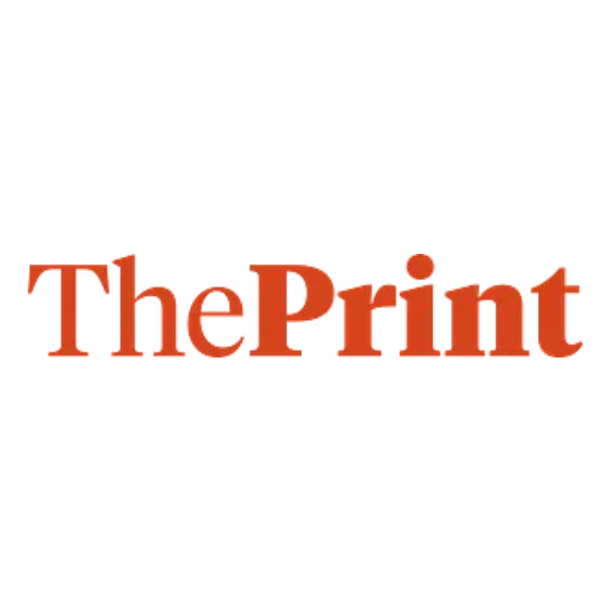“There is a new healthcare ecosystem being created in the country and it is creating opportunities for entrepreneurs, investors and professionals”- Narendra Modi
The significance of the healthcare sector in India has become increasingly apparent in recent years, particularly due to the pandemic. Due to significant investment from the government in healthcare infrastructure, India’s healthcare sector is poised for substantial growth, with a 22% annual growth rate, over the next decade.
Pharma and healthcare companies are increasingly looking to hire more qualified candidates. This is also true for organizations involved in R&D in the field. Taggd’s Decoding Jobs Sectoral Report stated a 16% hiring intent in this sector in 2023. Companies are quickly ramping up their recruitment efforts to fulfill the talent demand. As a result, competition for top roles has become more intense than ever before.
India is currently facing a challenge in strengthening its talent pool as the skills in demand have become more diverse. Like several other industries, India’s healthcare is also focusing on advancing digital and analytics technology. For instance, pharma company Dr Reddy’s plans to deeply focus on digital healthcare services and disease management in the coming years while also improving overall productivity and efficiency.
Analyzing user behavior and the body’s response to illness has become essential for creating AI simulations that can accurately predict a situation and allow for a more effective control system. Understanding these new and emerging roles and technologies in the healthcare sector is essential, whether you are an existing employee or seeking to join the workforce.
Data Management
Optimizing costs is regaining importance in businesses across the board, and healthcare companies are increasingly looking forward to leveraging data to implement transformation systems and modify delivery operations to gain cost advantages. Healthcare companies are actively chasing data analysts well-versed in data science, machine learning, predictive analytics, and risk management.
Namrata Gill, VP-HR, Dr Reddy’s also mentions, “Another essential quality for pharmaceutical professionals is to be digital savvy. Professionals must be adept at digital skills such as data analytics as pharmaceutical companies go digital.”
Product Management
The scope of healthcare product management is witnessing an exponential boom in recent times, with a NASSCOM report highlighting how healthcare consumerism is gaining prominence and driving massive changes in the space. Health tech companies are seeing a visible growth in the demand from their customers– doctors and patients, to deliver products with the same level of customization and with the same experience they receive from their e-commerce platform.
However, the tricky point here is that health is a highly personalized subject and what works for one might not work for another customer segment. Companies are investing massively in studying customer profiles and in creating AI simulations for scores of customer behaviors to create products that meet customer requirements in the best way possible. The role of a product manager in healthcare cos has become as diverse as in a core-tech or SaaS company, and hints at a bright future for anyone aspiring to make their careers as PMs in the healthcare industry.
Systems Integration
Systems Integration plays a vital role in the healthcare sector. A systems integrator needs specialized technical skills such as programming, database proficiency, and web development experience. In addition to technical acumen, a systems integrator should be able to quickly identify problems and solutions, have strong communication abilities, and understand healthcare regulations and standards.
This role ensures seamless integration between hardware components, software applications, and systems for efficient patient care at medical facilities, reducing operational costs and improving patient outcomes.
Data Engineering
Data engineering is essential in healthcare, providing a secure platform to store and manage sensitive patient data. Companies need data engineers to ensure systems are configured correctly and regularly updated to keep up with the latest regulations and technologies.
As healthcare data continues to grow, companies are increasingly looking for certified data engineers with extensive knowledge of big data technology.
Internet of Medical Things
The Internet of Medical Things (IoMT) is witnessing rapid expansion and is estimated to reach $1319 billion by 2026. IoMT uses various types of connected devices to collect and exchange data. This technology can help healthcare providers improve the quality and accuracy of patient care by providing remote monitoring, better diagnostics, earlier detection of health issues, and faster treatments for patients.
For job seekers in the healthcare industry, IoMT offers massive career potential as it continues transforming how healthcare is delivered. Companies are increasingly seeking those with expertise in this field to fill roles utilizing IoMT technology. Therefore, having a good understanding of IoMT can be a great opportunity for job seekers to stand out in the healthcare industry.
Telehealth
Telehealth facilitates the remote monitoring and care of many patients during times of crisis. Additionally, this technology enables medical treatment in these circumstances as well.
“Remote healthcare and telemedicine will reduce health access divide between urban and rural India” — Narendra Modi.
Telehealth services are expected to be in high demand, driving the industry’s estimated market value up to $504 billion by 2030. Telehealth has found its way into clinical trials, with pharmaceutical companies using apps and software to connect with trial participants remotely.
Job seekers seeking a career in the healthcare sector should familiarize themselves with telehealth. Companies are looking for professionals who understand how telehealth works and navigate its implementation.
The healthcare sector holds a lot of promise for future growth, providing many job opportunities. To maximize this potential, the government is investing heavily in infrastructure. With the right skills and experience, individuals can create an impactful and successful career in healthcare.





